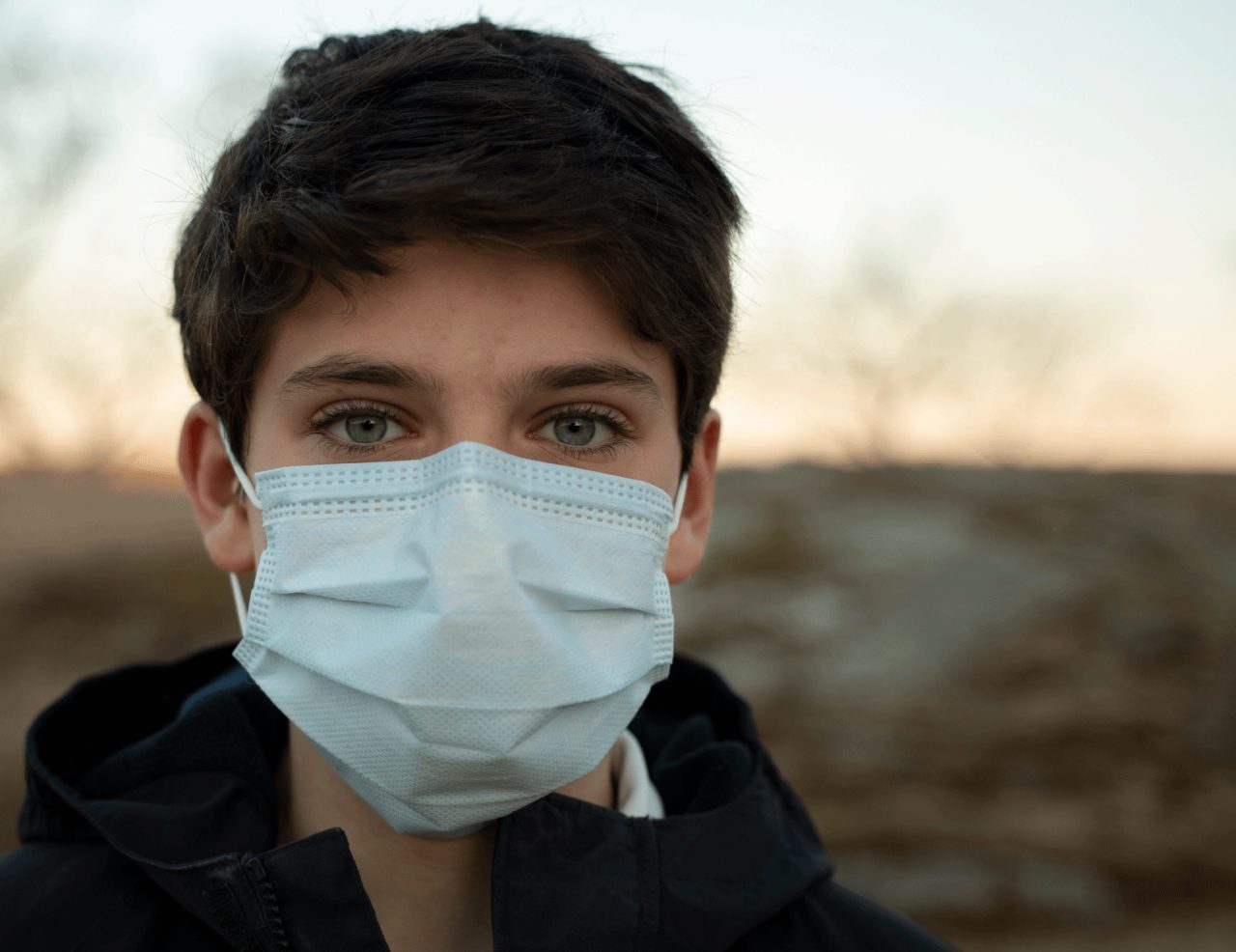COVID-19 (Coronavirus) Safety Is Harder on People with Hearing Loss

Hearing someone speak through a mask while trying to practice social distancing for COVID-19 (coronavirus) from six feet away isn’t easy. Forget it, if you have uncorrected hearing loss.
Perhaps you’ve suspected your hearing has declined but put off dealing with it. Now you find you’re having an especially hard time understanding masked communication — it seems impossible. The sound is muffled, and you can’t see someone’s lips. Did you even know you were reading lips? Now you do.
On the good side, you can wear a headset to virtual office meetings, social gatherings, and telemedicine appointments. You may hear better and be more comfortable than you were when you showed up in person.
Hearing loss is a major but little-discussed health problem. About one in three people in the United States between the ages of 65 and 74 have hearing loss, and nearly half of those older than 75 have difficulty hearing, according to government statistics. But most of them don’t own hearing aids, and many who do don’t wear them. COVID-19 (coronavirus) safety measures just upped the ante.
YOU MIGHT ALSO LIKE: How COVID-19 (Coronavirus) Is Changing Healthcare
If you don’t own hearing aids and have minor hearing loss
If you expect to continue working or socializing online, consider investing in technology that will make your life easier. There are apps that will amplify sound on a smartphone, tablet, or computer and give you text captioning. You can try using smart headphones, called hearables, which have a key feature of hearing aids: directional microphones. Usually, these microphones will direct your attention to sound in front of you, helping you hear despite background noise. Like a good headphone, hearables also suppress noise and can stream wirelessly. They cost much less than hearing aids.
For virtual meetings, be sure to arrive early so you can make any volume adjustments. Ask organizers to record meetings so you can check later for anything you missed. If you can’t see any participants’ faces clearly, try speaking up and asking them to put lighting in front of them (backlit faces aren’t visible). It’s hard for everyone to listen to a blurred face.
If you think you might need your ears checked, try this questionnaire: the Consumer Ear Disease Risk Assessment (CEDRA). It’s even possible to get your hearing checked and have hearing aids fitted or adjusted remotely, though you may need to go to a one-person office. You can also ask a local audiologist for teleaudiology options.
If your hearing loss is more serious
If you own hearing aids, wear them. Ask your audiologist for help syncing your aids with your phone or another device that you use for virtual meetings.
For in-person meetings, ideally you would get a supply of masks with clear windows around the mouth to pass out. There are photos of such masks going back as early as 1938. One U.S. product is approved by the Food and Drug Administration, the Safe ‘N’ Clear anti-fog surgical mask, but its capacity for mid-June delivery sold out within hours. Competitors are working on their own products.
You can get step-by-step instructions on sewing your own transparent masks here. Or check whether any enterprising sewers have options available. For example, a California teen who learned American Sign Language online raised money for her Talking Masks project.
If you wear hearing aids or cochlear implants, you may worry about losing them when you put mask straps around your ears. Massachusetts Eye and Ear, with clinics around the state, suggests these tips:
- Always put on hearing aids before you put on a mask.
- Never put on your aids or remove them when outside or running errands.
- Try a mask with fabric ties rather than elastic bands. Ear savers wrap around your head, securing the mask, which can be more comfortable and may make your aids feel more secure.
Don’t give up on hearing well
Uncorrected hearing loss is a big burden on the people around you. Perhaps a long spell of living among masked people will nudge those with hearing loss to do what they can to hear better.
Updated:
February 22, 2023
Reviewed By:
Janet O’Dell, RN